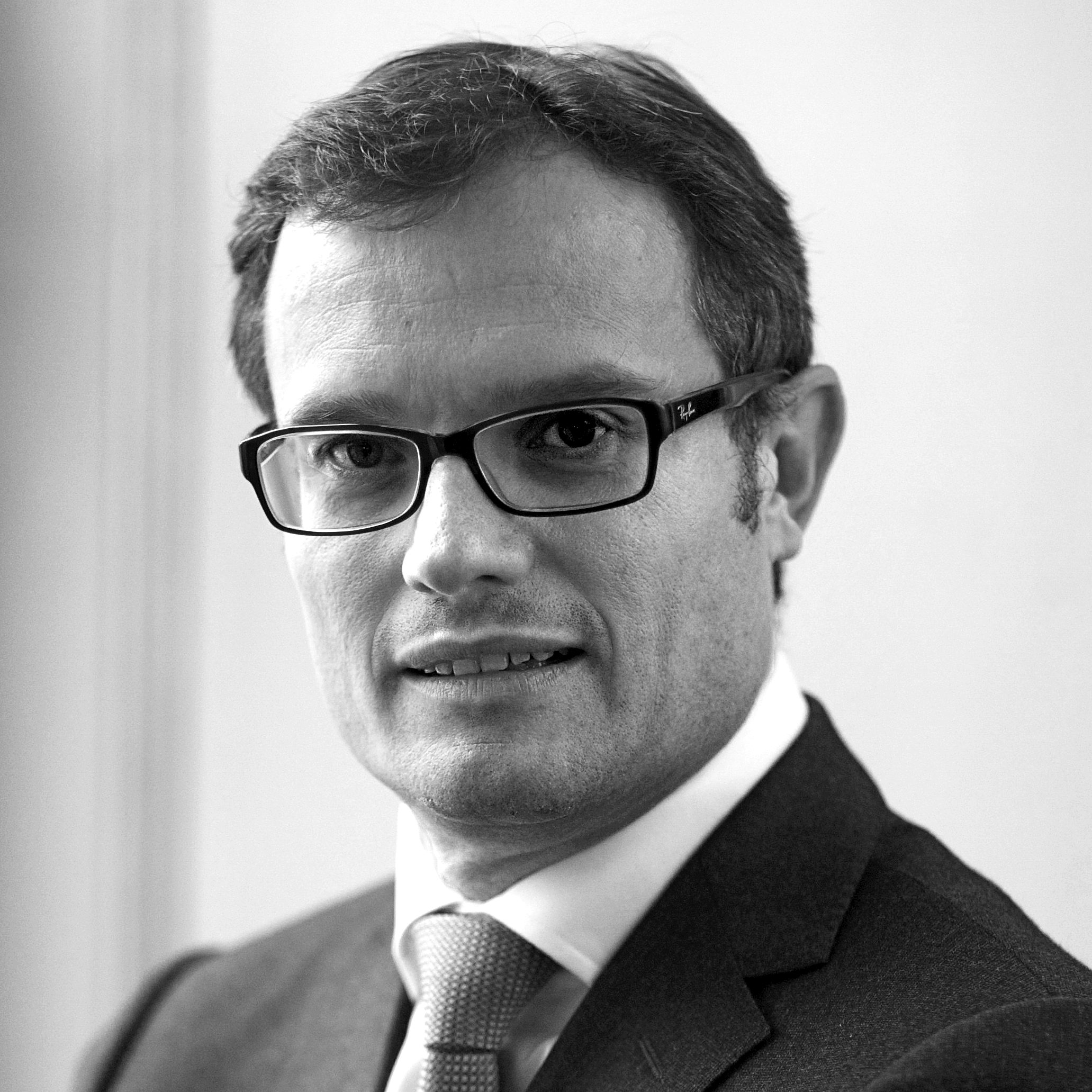M&A market in France in 2020 and 2021 outlook “You have to go on the attack to survive”
Both at the European and global level, “in April-May 2020, the M&A market was closed, companies focused on managing their activity and their liquidity profile. In June, the pace resumed and even accelerated – at the global level – at the end of August/early September. At the European and French levels, the market has once again seen some very big deals,” comments Augustin d’Angerville, Head of M&A France within J.P. Morgan.
“However, some deals that were announced pre-Covid have been renegotiated, or even cancelled, following the crisis. This includes the Covéa/Partner Re operation, announced in March 2020. The LVMH/Tiffany deal has been renegotiated downwards and will be concluded at the beginning of 2021. The Essilor/Luxottica/Grand Vision deal, announced in 2019 is still being renegotiated,” notes Kyril Courboin, CEO France of J.P. Morgan.
“The year will undoubtedly end slightly down in volume compared with the previous year, at the French, European and global levels. In France, the start of 2020 was quite active with the Worldline/Ingenico and Alstom/Bombardier deals. The market came to a complete halt in April-May, before surging again in the summer with the announcement of certain private equity deals, then that of the OSIsoft deal or the situation surrounding Suez,” Augustin d’Angerville continues.
“Unlike previous crises, the market is preparing for an acceleration of M&A in the coming months and years. In France, this year, volumes are down compared with 2019, mainly due to the lockdown period, although in Europe we saw certain major transactions being carried out 100% virtually, without any physical due diligence, in particular the Vodafone/O2 deal in England.
The groups are showing their desire to be aggressive and – probably – to move faster. A series of transformative transactions in Europe in the payments sector – illustrated in France by the Worldline/Ingenico deal – is proof of this. In this sector, the groups are increasingly aggressive and increasingly quick to consolidate,” considers Kyril Courboin.
“This year, cross-border deals were very present. Through the LVMH/Tiffany and OSIsoft/Schneider deals, the Franco-American dimension remains important. 10 years ago, the volume was 60% for domestic deals and 40% for cross-border deals. Today, we have largely reversed the trend. French companies, which have become very international, feel increasingly comfortable carrying out cross-border deals. I think this trend will continue,” adds Marc Pandraud, Vice Chairman EMEA at J.P. Morgan.
“The results of the US elections as well as the arrival of vaccines allow certain uncertainties to be eliminated and the granting of market visibility. Corporates are very active and are developing ambitious external growth strategies in a context where their organic growth is often strongly impacted by the environment. Private equity funds continue to be active as they have a lot of capital to deploy. A number of them hold assets likely to be sold soon, which allows hope for sustained activity in 2021,” stresses Augustin d’Angerville.
The main trends also include the phenomenon of SPACs. “The capital held in SPACs – just shy of USD 100 billion – is to be deployed with a short horizon of 12-24 months. We think this activity will continue. This phenomenon, which was originally mainly American, is becoming increasingly European,” notes Augustin d’Angerville.
Finally, “certain sectors, are showing a strong desire to create domestic or European champions. And this is in a context where the public authorities in certain countries are concerned about having a form of economic independence in certain sectors to fully compete with Asian or even American players. All of this suggests that the current crisis could create sustained M&A activity,” he summarizes.
“We are in a Darwinian market trend. The corporates are saying to themselves that they have to go on the attack to survive. Those who are aggressive are generally rewarded by the financial markets.
The fact of being aggressive has often had a positive impact on the stock exchange price of different entities. Thus, Euronext pays dearly [sic: on?] the Italian Bourse but its stock exchange price has reacted extremely well because the operation allows it to position itself as one of the winners of the consolidation of stock exchange infrastructures in Europe,” Kyril Courboin explains.
“We think that there will be a lot of activity among the technological disruptors, which are regarded as valuable on the stock exchange and capable of making acquisitions. Many players want to establish themselves in the United States for several reasons: first, it is a large market, second the dollar is weak and, finally, all the groups that have been attacking an American target have been regarded as very valuable. We believe that this trend will continue in 2021,” details Kyril Courboin.
According to Marc Pandraud, “In the life of companies, there are periods during which the market supports M&A and other periods when markets are rather suspicious ... The financial markets have been largely lacking in recent years. The operations were large but relatively simple. Nowadays, investors want projects and growth ... Financial markets value companies in a way that is very correlated with their ability to create growth ... They are ready to accept acquisitions at very high prices to seek this growth.”
As for the specifics of transactions during Covid, there are three elements to discuss. “The first concerns the financial performance of the companies. When it is impossible to predict the financial trajectory over the coming months, it is more difficult to carry out a transaction. This is why M&A came to a halt in April-May. As soon as the business plans once again became easier to achieve, the transactions resumed. The second element is purely technological ... Companies, banks and advisors very quickly adapted to the environment where there were virtually no more physical meetings. Numerous transactions were conducted entirely remotely, digitally. Site visits were done virtually. It was a revolution. The third point to mention: this year, there were more bilateral transactions and probably fewer auctions,” Augustin d’Angerville summarises.
“This pandemic has changed our way of doing things. I don’t think that physical meetings will disappear, but our way of conducting M&A processes will certainly change,” he concludes.
Amonst Dealogic’s France ranking of deals announced in 2020, Goldman Sachs ranks first. It is closely followed by J.P. Morgan. Then come Rothschild and Lazard. BNP Paribas is in 5th place. BNP Paribas, located on rue d’Antin, is followed by Morgan Stanley, Société Générale, HSBC, Bank of America and by the American boutique firm LionTree Advisors which rounds out the Top 10 thanks to the Altice deal (which forms part of the France ranking in Dealogic’s view).
Augustin d’Angerville
The sustained recovery of the market in the second half of 2020 forecasts an extremely active year in M&A in 2021.
After being almost at a standstill in April-May, the M&A market rebounded sharply after the summer and in the last quarter, driven in particular by hopes for vaccines and the outcome of the US elections. The 6 largest transactions of the year in the world were also announced in the last quarter of 2020. Valuations at their highest historical levels, overall healthy balance sheets and a cost of debt that remains very low should allow this dynamic to continue in 2021. In France, this will also be the last year before the presidential elections, a period often not conducive to more sensitive transactions, which could push some French groups to accelerate their domestic M&A projects in 2021.
We should also rediscover certain themes that marked the market in 2020: sectoral consolidation (as we have seen, for example, in the payment sector with 3 major transactions in Europe this year), the search for renewed growth for large groups outside their domestic markets (e.g. Alstom/Bombardier and Iliad/Play) as well as increasingly abundant investment capital, particularly with new classes of investors such as the SPACs or increasingly sophisticated Family Offices.
In 2020, J.P. Morgan had the privilege of assisting some of its historical clients in their M&A strategies and intervening in many transformative transactions on behalf of French groups, demonstrating its privileged consultancy position for the most complex transactions.



